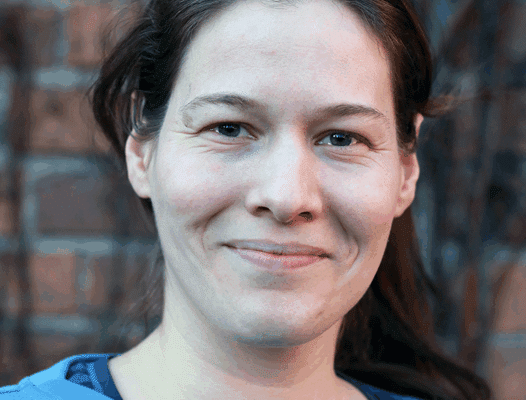- Series
-
YOU ARE
- Community member
- Future Student
- Student
- Professor
- Alumni
- Media
- Guidance counsellors
- INRS retiree
- Contact Us
- Newsroom
- Careers
- FR
-
Studies
We teach the next generation of researchers to develop scientific, social, and technological innovations.
-
Research
We find solutions through interdisciplinary research and industry or public and community partnerships.
-
INRS
We play an active role in Québec's economic, social, and cultural development.
INRS Professor Carolyn Côté-Lussier launches a pilot project in Montreal to identify areas for public health action.

Supervised consumption sites are a frequent subject of political and social debate. And while the benefits for users have been well documented, the same cannot be said for the impact on surrounding communities.
This is the conclusion reached by Carolyn Côté-Lussier, a professor at the Institut national de la recherche scientifique (INRS), in a review of the literature on the subject. The review was published in the Canadian Journal of Public Health on April 11, 2024, in collaboration with INRS postdoctoral researcher Paul Rodrigues, who is also affiliated with the Université de Montréal’s International Centre for Comparative Criminology (ICCC).

“This is a brand-new field of research: the first supervised consumption site in Canada opened just 20 years ago in Vancouver.”
Carolyn Côté-Lussier, researcher who specializes in criminology, social psychology, and health.
Today, according to Government of Canada data, there are 39 supervised consumption sites across the country, which logged more than 4 million visits between 2017 and 2023.
However, when new sites are preparing to open, they are often met with resistance from local communities. While these communities do not deny the benefits, they often express concerns for their own safety and, in particular, that of their children. The problem, explains the researcher, is that there is currently a lack of evidence to reassure the public and tackle the “not in my backyard” issue.
“Where should we open a new site? What’s the best way to operate, not only for the people using the sites, but for the communities around those sites? What impact do they have—good or bad—on life in the neighbourhood?” These are questions that are often raised in public debates, but that are not well addressed by the scientific literature.
Highlights
- Social acceptability is very often studied before a site is opened, but people are rarely surveyed afterwards.
- Once a site opens, impact analyses generally rely on police data, which measure crime. Analyses often cover a large area around the site (sometimes the entire neighbourhood, or even the entire city) and are done over a short period (a year or a year and a half after the site opens).
- They are not necessarily representative of the actual impact on everyday life for people near the site: their sense of safety, their quality of life, and their well-being, but also their use of public spaces and public transit.
- They do not consider the impact on vulnerable people in particular (children, single mothers, the elderly, immigrants).
- They also do not take into account how the impacts may differ depending on the socioeconomic status of the neighbouring populations.
“It’s a real issue of equity and social justice,” stresses the researcher. “Not only do we need to take action against the stigma surrounding people who use drugs, but we also need to find win-win solutions for long-term cohabitation.”
Carolyn Côté-Lussier is therefore appealing to the scientific community to fill the gaps in scientific knowledge on this subject. She herself has submitted a funding application to carry out a project around three supervised consumption sites in Montreal, to obtain insights from the local population at different levels.
“By providing evidence-based data, we hope to find courses of action for public health, to support the operation of current sites and better plan for future sites.”
Carolyn Côté-Lussier
The project, which has already received a start-up grant from the Social Sciences and Humanities Research Council (SSHRC), is due to begin this fall.
You may also like

June 3, 2024
Márta Radó
June 3, 2024
For the well-being of all children
June 3, 2024
Regional Disparities in Access to EducationShare
